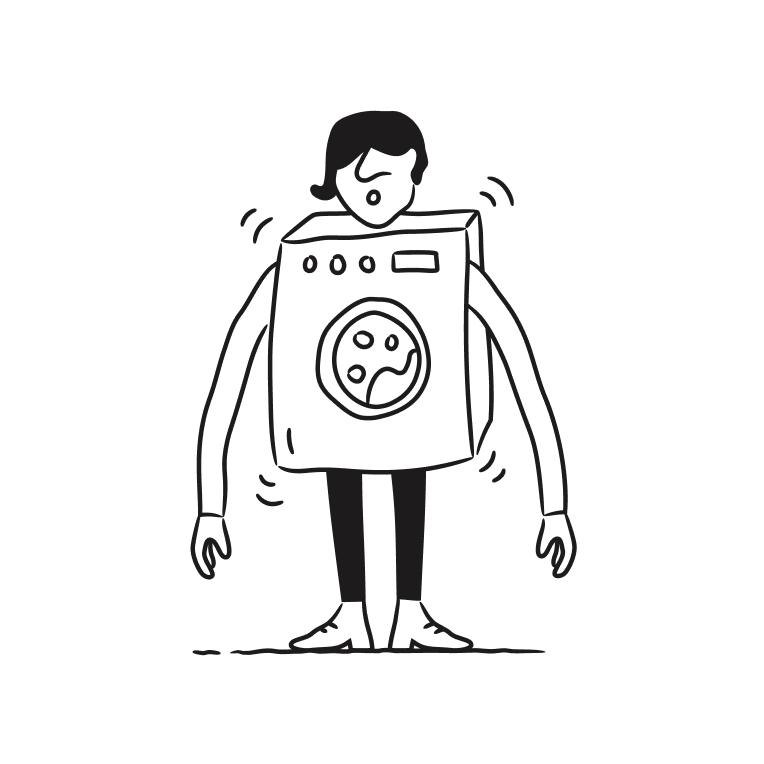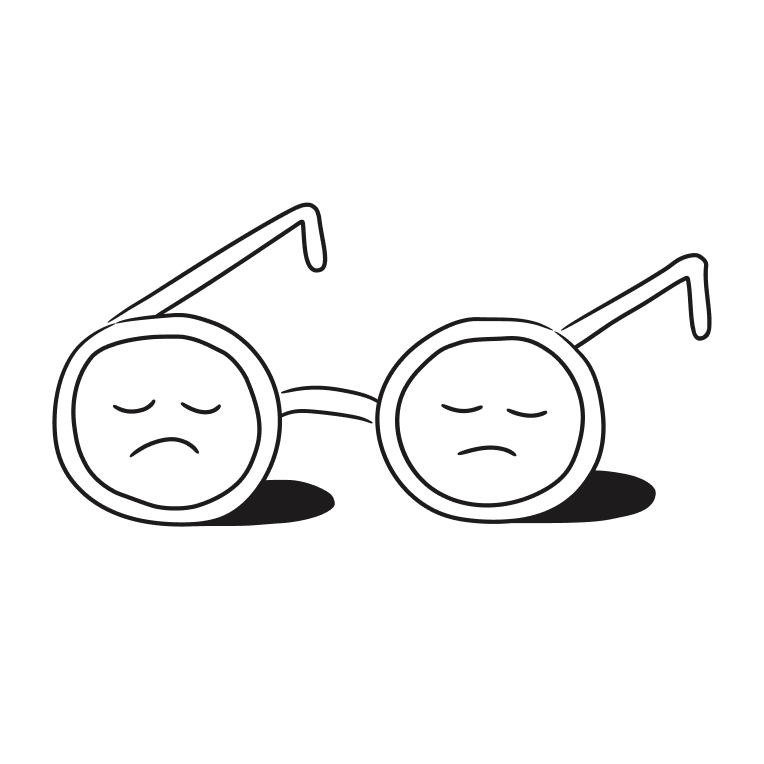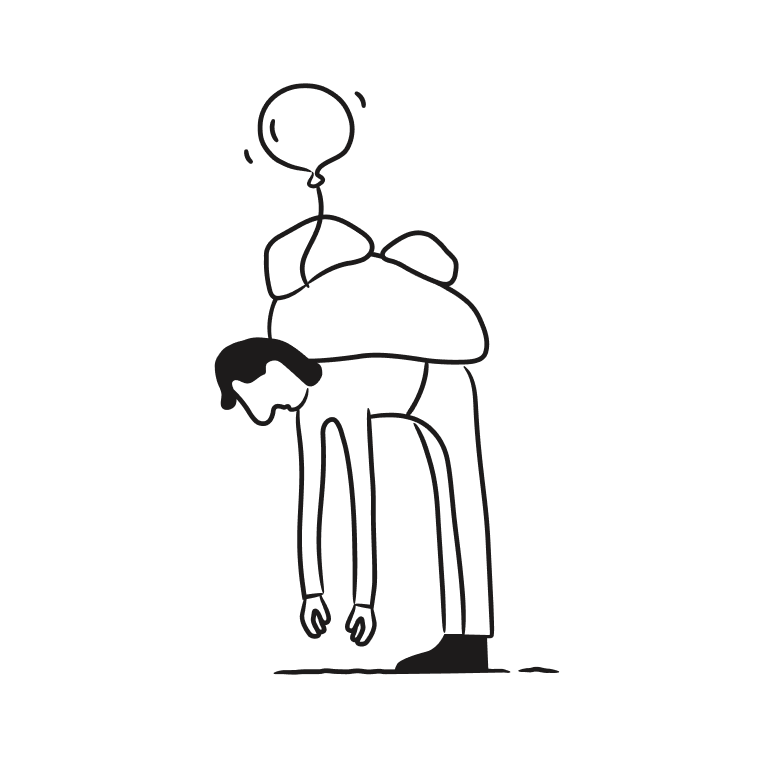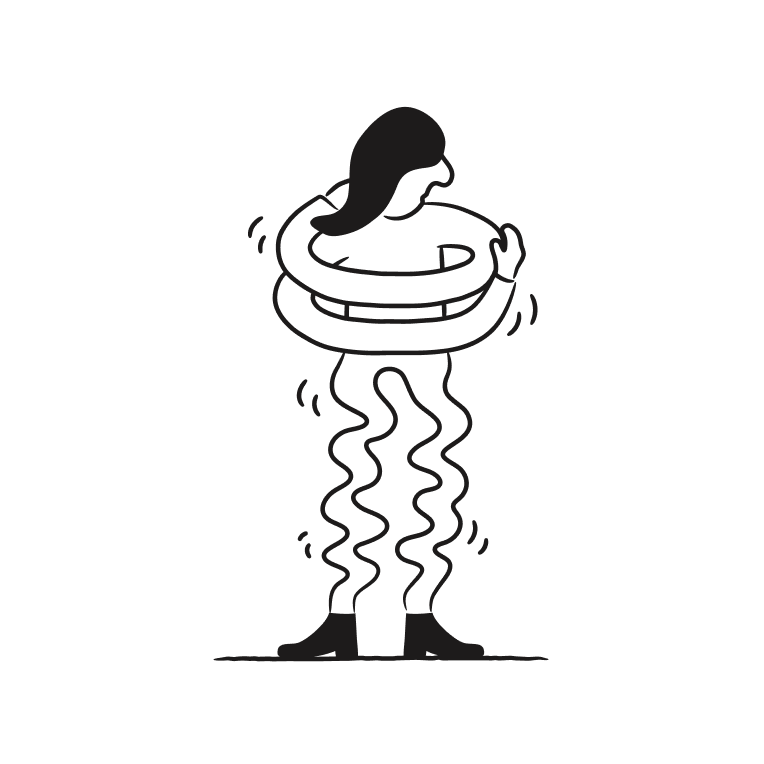Postnatal Depression
Having a baby is an exciting milestone, but it also creates a lot of upheaval and change in your life. It’s normal to have the ‘baby blues’ for a couple of weeks after the birth, but if the symptoms persist, you could be experiencing postnatal depression, and this can last for a year or more.
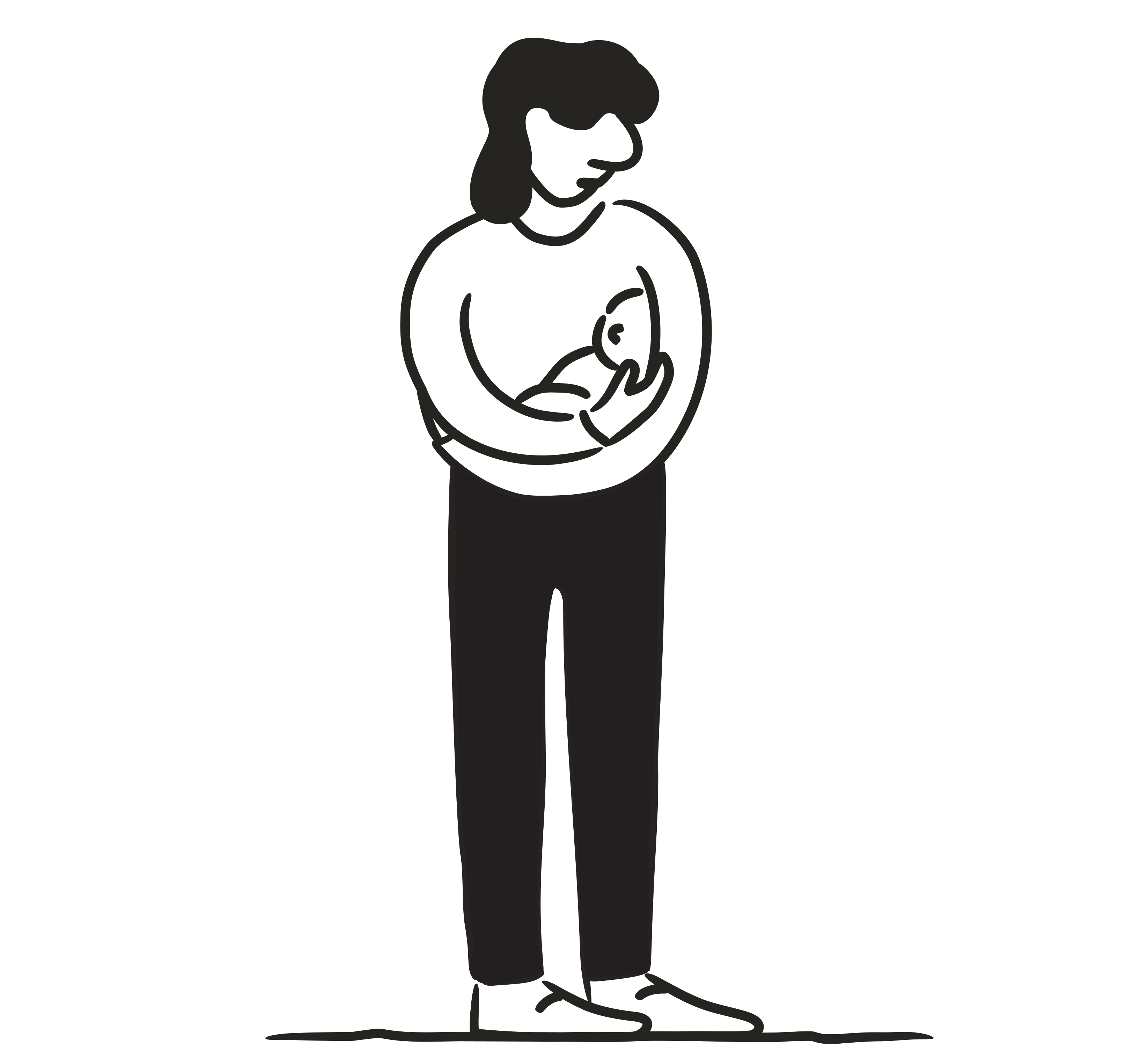

Recognising how you feel
Postnatal depression can often develop slowly, and it be hard to notice at first, especially with the upheaval of a life with a newborn. If your enjoyment of being a new parent is being impacted by low mood, depression, worry, or anxiety, it's important not to ignore your feelings. Speak to someone you trust, that could be a friend or family member, or midwife or GP.
Symptoms of postnatal depression can include:
- Feeling tearful frequently
- Feeling irritable towards people around you
- Feeling sad and low a lot of the time
- Having lack of interest in things you used to enjoy
- Trouble sleeping, when your baby isn’t getting you up
- Having negative thoughts about your baby
- Feeling guilt and hopeless
- Worrying about not bonding with your baby
Self-care as a new parent

Accept help
Make a list of what people can help with to help take the load off and accept support from others.
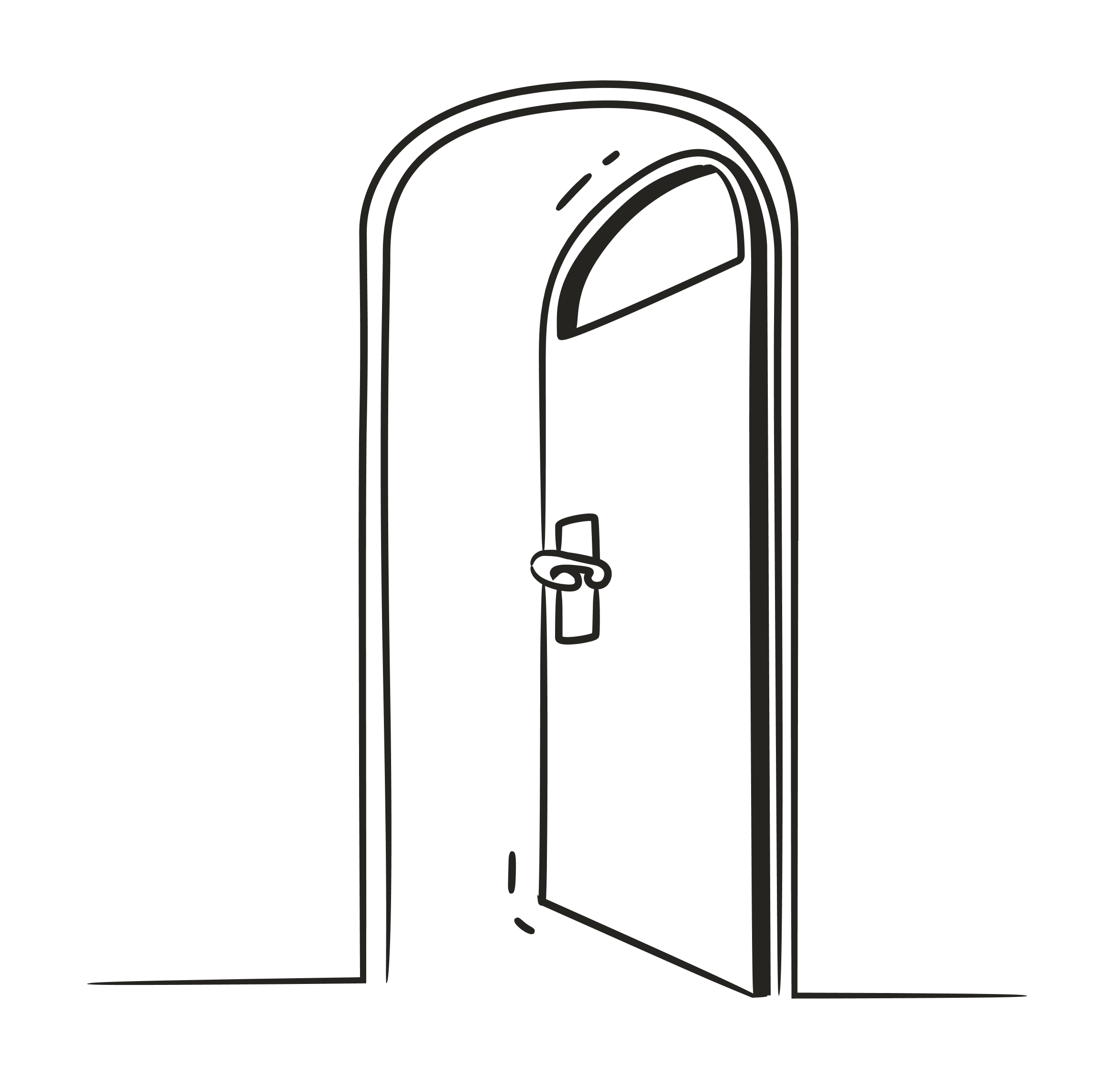
Join a new parent’s group
It can be a great way for both you to get out and meet other new parents, socialise and share your experiences and feelings with others who understand in a safe and supportive environment.
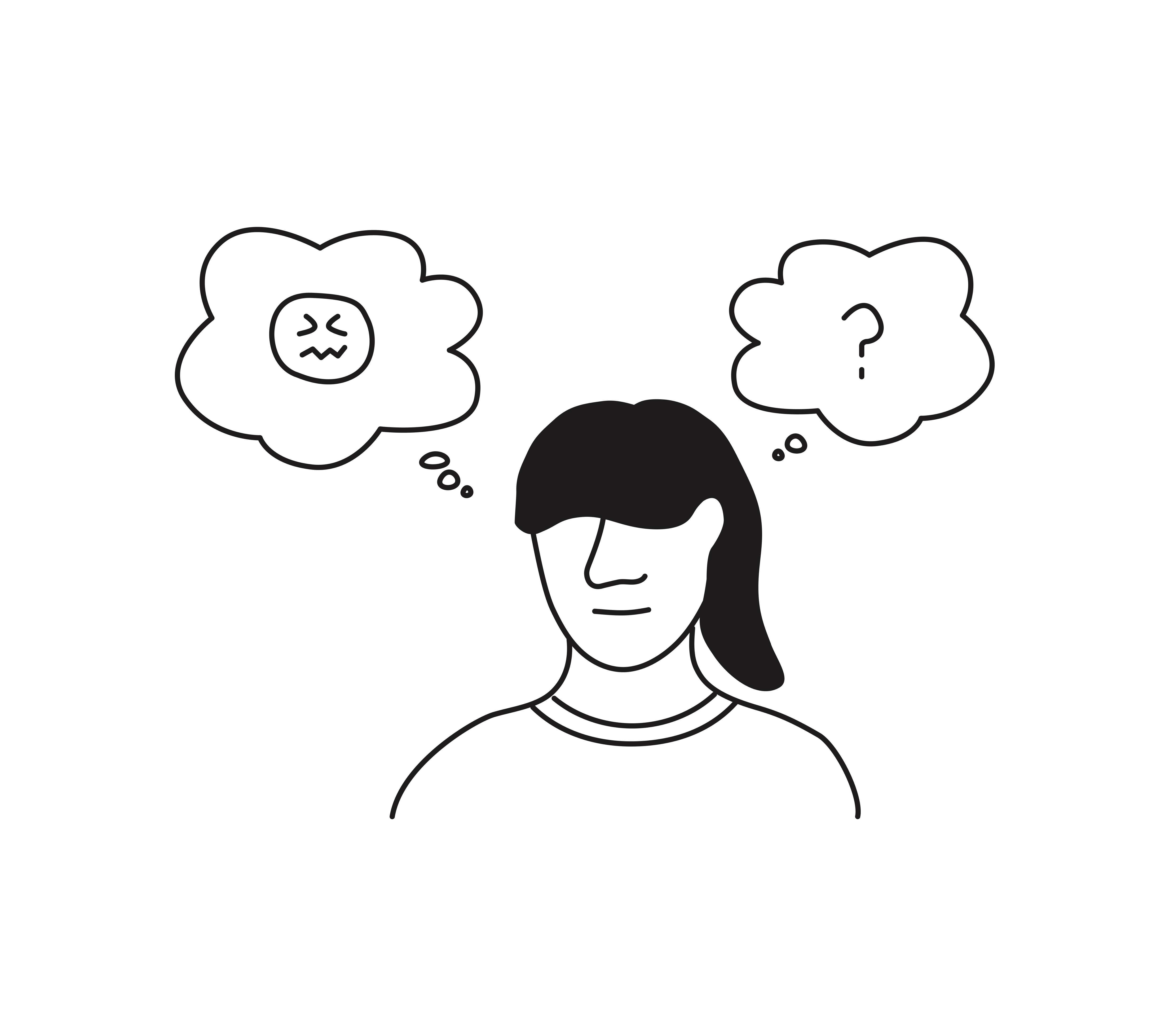
Try not to compare yourself to others
It is so easy to monitor how others are managing their little ones, especially all that’s available to view online, try to focus on your own journey and don’t compare yourself to others.
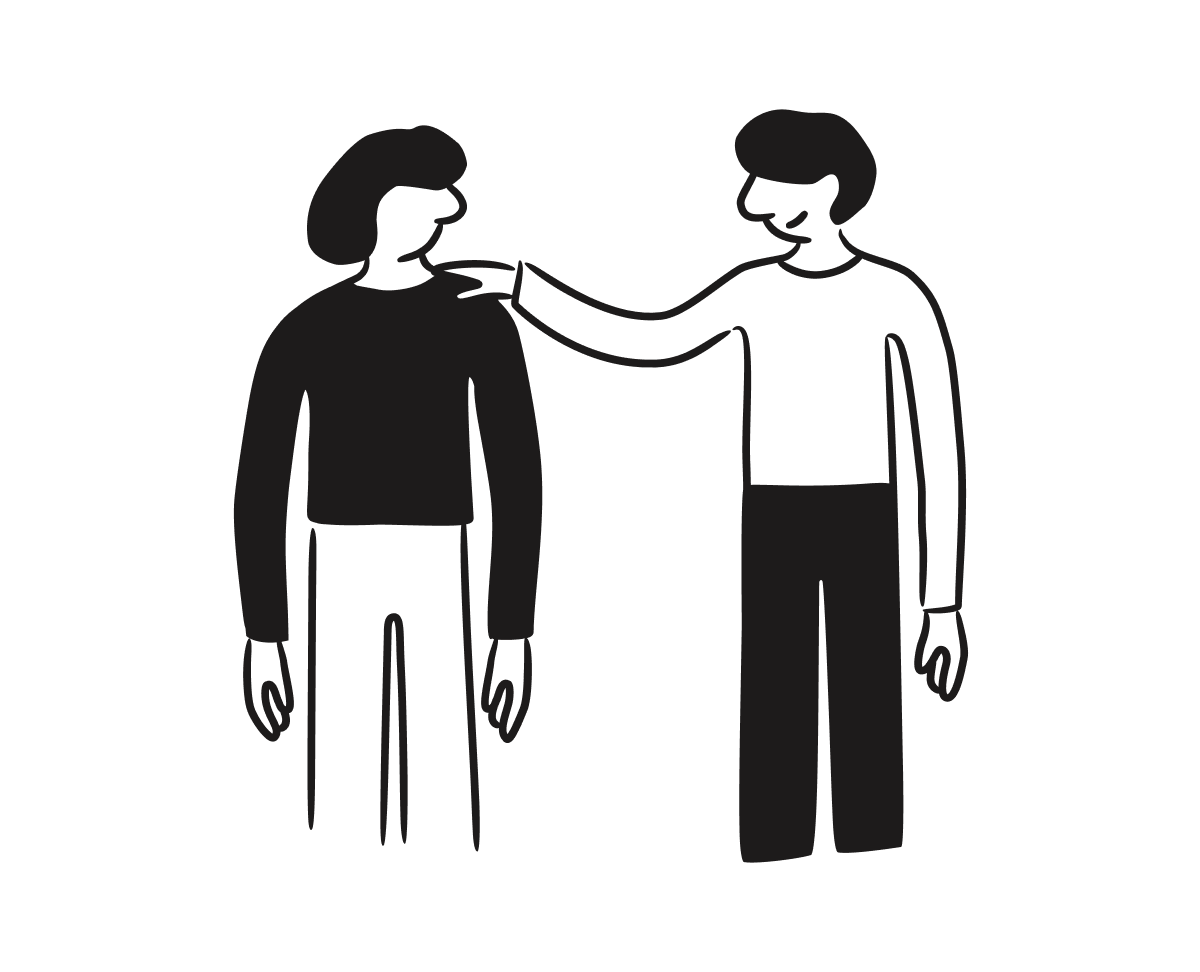
Talk to someone you can trust
Talk to someone you trust about your feelings, like a family member, friend, or your GP or midwife. It can help to share your worries and anxieties with others to help take the load off your shoulders.
Support with Mindler
While we’re not able to diagnose or treat physical health conditions, we can help with the emotional and psychological impact of living with one—such as low mood, anxiety, or stress.
Mindler (previously ieso) treats a range of common mental health issues including anxiety and worry, depression, post-traumatic stress disorder, obsessive compulsive disorder, phobias, sleep problems, and stress. Online therapy can be especially useful for those who are unable to travel or find it harder to leave the house because sessions take place online from the comfort of your home, from your smart phone or tablet, or anywhere where you connect to the internet.
If you’re experiencing difficulties, it’s important to speak with your GP first. They will be able to talk you through different support options suitable for your needs. One of the things they might suggest is cognitive behavioural therapy (CBT) which helps you to manage your feelings by changing the way that you think and behave.
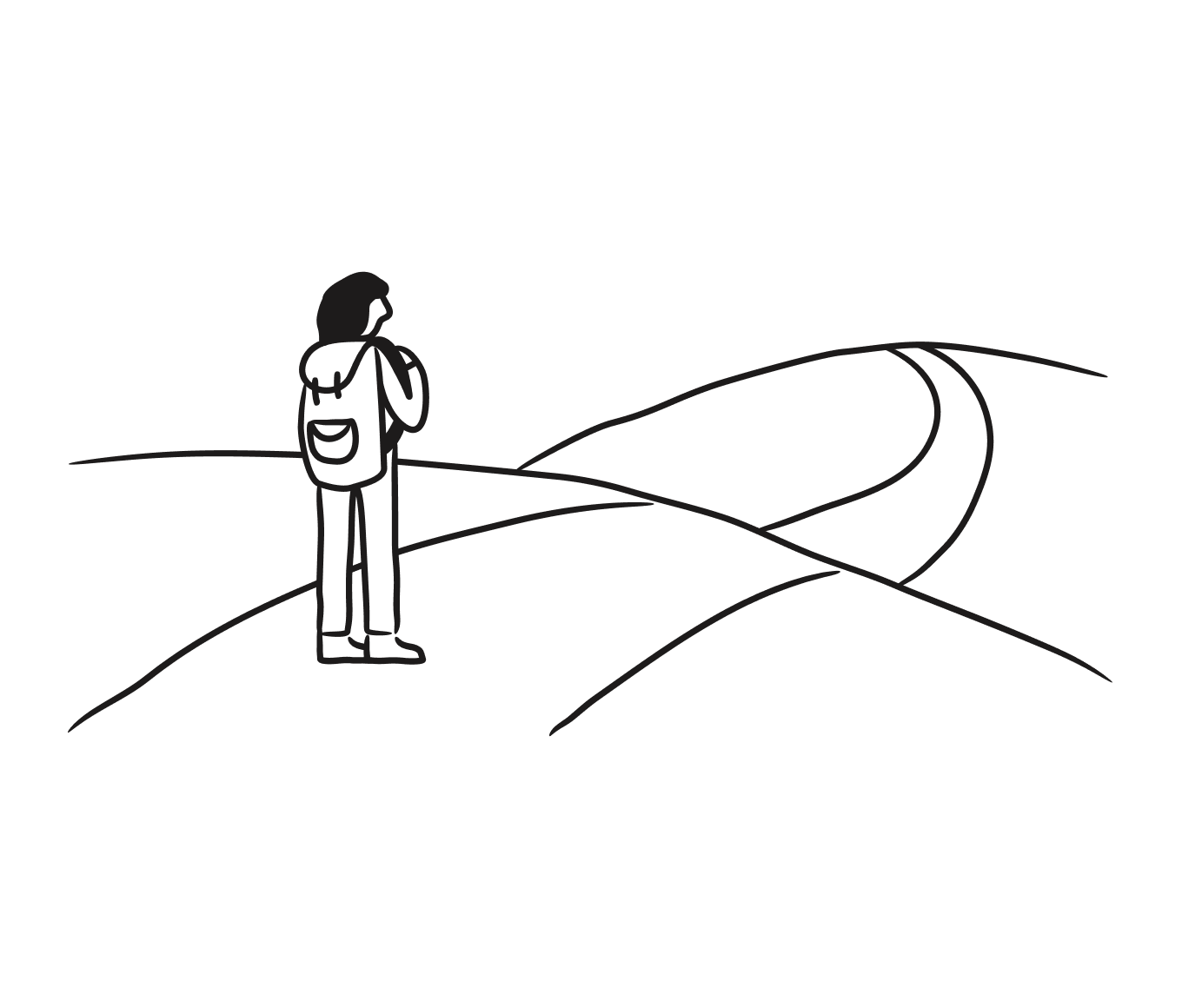
What we treat
From trouble sleeping to anxiety to depression, mental health conditions can affect many of us in different ways. Mindler clinicians treat a range of common mental health symptoms.
Where to get urgent help

Support is available if you or someone you know is having a mental health crisis or emergency, no matter what you're going through.
If you or someone you know is having a mental health crisis, you can get urgent support here
Or speak to your GP or a mental health professional. Let them know about the symptoms you’re experiencing, and they can support you with what help is available.


